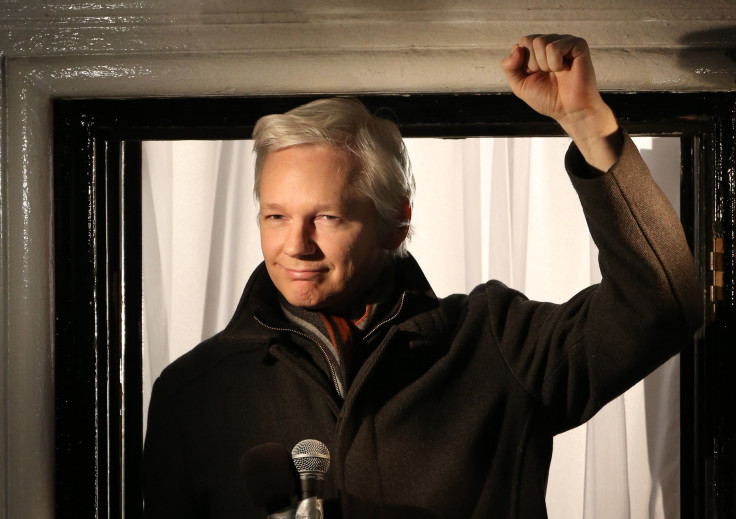Ecuador Cuts Off Julian Assange's Internet Access Over Twitter Rants

Julian Assange, the founder of anti-privacy organization WikiLeaks, had his internet access in the Ecuadorian embassy cut off by the government Tuesday following a number of political tirade posts on Twitter.
Assange’s Twitter account had no activity following a flurry of activity in which the controversial political figure talked about the arrest of a Catalan independentist politician and questioned Russia’s involvement in the poisoning of a Russian ex-spy and his daughter in England.
The tweets reportedly violate a “written commitment” made by Assange to the Ecuadorian government in which he promised not to attempt to meddle in the affairs of other countries.
“Assage’s behavior, with his messages through social networks, puts in danger the good relationships that [Ecuador] maintains with the United Kingdom, with the other countries in the European Union and other nations,” the Ecuadorian government said in a statement.
It isn’t clear exactly which of Assange’s tweets violated the agreement, as the WikiLeaks founder regularly comments on foreign affairs and political activity.
Given the direct mention of the U.K. and the European Union, it is likely that Assange’s tweets about the handling of a poison attack on English soil drew the ire of the British government.
British Prime Minister Theresa May ordered the expulsion of Russian intelligence officers in response to the chemical attack. The attack was pinned on the Russian government, though the Kremlin has denied the charges.
Assange reasoned on Twitter that the expulsions by the U.K. and its allies amounted to “poor diplomacy” and would help the Russian government “further a narrative that it is under conspiratorial siege.”
Assange also criticized the arrest of Carles Puigdemont, a politician and journalist who declared Catalan independence from Spain last year. Puigdemont was arrested in Germany on Sunday. He faces charges of rebellion and sedition in Spain and faces 30 years in prison.
Supporters of Assange and WikiLeaks took notice of government’s decision to cut off Assange’s internet access and have launched an online campaign urging the government to reverse its decision. The online protests have organized under the hashtag #ReconnectAssange.
Assange, 46, has been living in the Ecuadorian embassy in London since 2012 after the Ecuadorian government granted him political asylum.
© Copyright IBTimes 2025. All rights reserved.



















